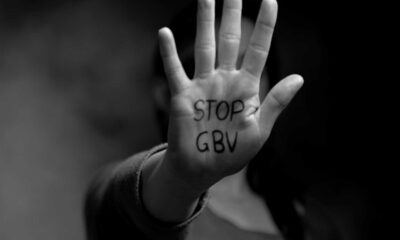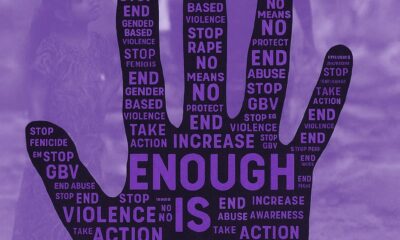News
Cape Flats Crime: Attack on MPs Exposes Double Standards in SAPS Response

When three Democratic Alliance MPs came under fire during an oversight visit in Philippi this week, police moved with rare urgency. Within hours, an 18-year-old suspect was behind bars. By the following morning, a 16-year-old was in custody too. For many South Africans, especially residents of the Cape Flats, the lightning-fast arrests were proof of something they’ve long suspected: SAPS can act decisively, just not always for them.
A Violent Welcome in Philippi
Ian Cameron, Lisa Schickerling, and Nicholas Gotsell were leaving the police training college in Philippi when they were ambushed by armed attackers. Cameron and Gotsell sustained injuries, while Schickerling narrowly escaped unharmed.
Philippi is no stranger to such violence. It’s one of the Western Cape’s most notorious hotspots, a place where hijackings, smash-and-grabs, and extortion syndicates shape daily life. Delivery drivers avoid it. City officials often need armed escorts to work there. For local residents, violent crime is simply a constant backdrop.
When SAPS Moves Fast And When It Doesn’t
National Police Commissioner Fannie Masemola wasted no time in ordering top investigators to track down the suspects. Within hours, arrests were made, an efficiency residents say they rarely see when it’s their loved ones who fall victim.
Community voices were quick to respond. The Social Justice Coalition (SJC) issued a statement bluntly pointing out what many feel: ordinary lives are treated as less valuable. “Every life should be treated with the same dignity and urgency, regardless of who they are or where they live. The safety of our communities should not be reactive, triggered only when VIPs are affected,” the SJC said.
Local councillor Bennet Payiya was even more direct: “If they can arrest the criminals so quickly now, why don’t they continue to do the same when these incidents happen every day?”
A Community Living Under Siege
For residents of Philippi, Gugulethu, Nyanga, and Khayelitsha, crime isn’t a headline, it’s survival. Councillor Bongani Ngcombolo described the situation as a daily war zone: “Ordinary citizens are living with fear. Criminals are shooting people, and yet the justice system doesn’t act with the same urgency.”
The frustration runs deep. Activist Grant Pascoe, in an open letter to the Western Cape Police Commissioner and national leadership, accused SAPS of failure: “When MPs are attacked, suspects are caught overnight. But when ordinary people are gunned down, hijacked, or robbed, there is no urgency, no justice, no protection.”
Why the Double Standard Matters
The Cape Flats has long been scarred by gang violence, extortion rackets, and poverty. Residents often speak of feeling abandoned, with visible policing scarce and specialist units deployed sporadically, if at all. The contrast between how quickly SAPS responded to the attack on MPs versus its sluggish reaction to everyday killings underscores a deeper problem: policing in South Africa often appears politicized and unequal.
For many, this incident wasn’t just another crime statistic, it was a painful reminder that justice moves faster for the politically connected than it does for ordinary citizens.
Where To From Here?
Police Minister Firoz Cachalia and Commissioner Masemola now face mounting pressure to prove this urgency isn’t reserved for VIPs. Civil society groups are demanding permanent, not reactive, policing strategies for the Cape Flats. Residents want visible patrols, tougher crackdowns on extortion gangs, and a justice system that treats their lives with the same worth as politicians’.
Until then, the question will remain: why must ordinary South Africans wait for tragedy to strike the powerful before real urgency is shown?
{Source: IOL}
Follow Joburg ETC on Facebook, Twitter , TikTok and Instagram
For more News in Johannesburg, visit joburgetc.com



























